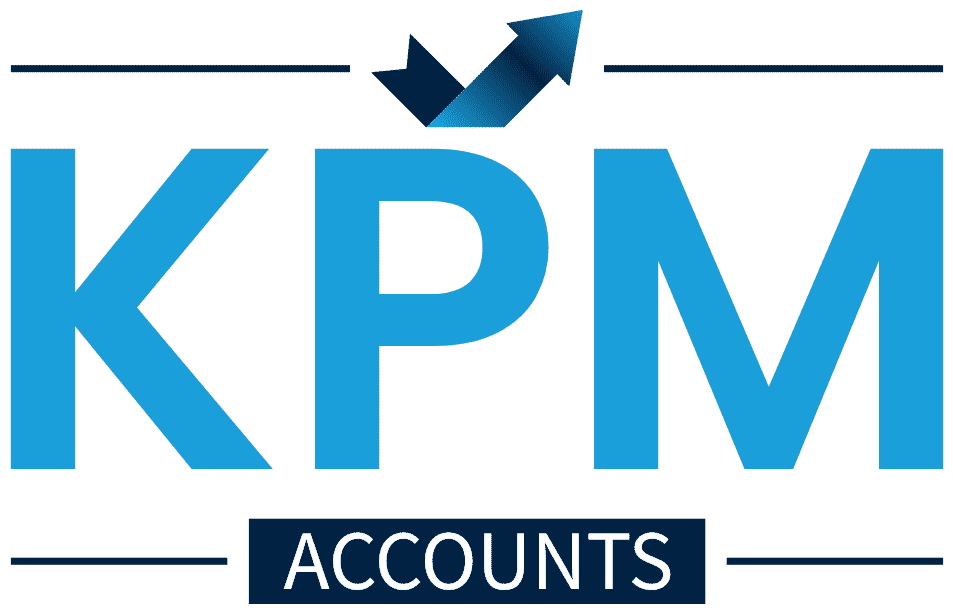Mini-Budget wreaks havoc on markets and the pound – but will you benefit?
New chancellor Kwasi Kwarteng delivered his first mini-Budget, officially labelled ‘The Growth Plan 2022’, on September 23, and while it largely consisted of tax giveaways, it was not well received by markets.
The FTSE 100 fell sharply on the day from 7,221 on September 22 to 6,986 on September 23, breaching the psychologically important 7,000 barrier before recovering some ground in the following days. The pound reached a record low against the US dollar briefly on September 26 at US$1.0327, as the biggest programme of tax cuts for 50 years was digested by economists and investors.
.
The market shocks have prompted the Bank of England to state it would not hesitate to raise rates if needed to help bolster the UK markets, and there are already rumours that the BoE base rate – which is currently 2.25% – could rise as high as 6% next year. Some mortgage lenders have temporarily pulled products from their offering as a result.
What are the tax cuts?
The current 20% starting rate of income tax will fall to 19% from April 2023 rather than the previous planned introduction date of April 2024.
.
There have also been changes to National Insurance, with the 1.25% Health and Social Care Levy which was introduced in July being scrapped from November 6 this year, and the plan for this to come into force as a separate tax from April 2023 is also scrapped. The statement on the reversal of the Health and Social Care Levy stated: “This tax cut reduces over 920,000 businesses’ tax liabilities by £9,600 on average in 2023-24…It means 28 million people across the UK will keep an extra £330 a year on average in 2023-24.”
.
Stamp Duty Land Tax Changes
Stamp Duty Land Tax – the tax you pay when you buy a property in England and Wales – also changed with immediate effect on September 23, with the threshold at which you start to pay SDLT doubling from £125,000 to £250,000. This means no SDLT is payable on any property worth less than £250,000. The Government stated that this measure should save homebuyers an average of £2,500 in SDLT.
.
For first-time buyers, the threshold at which SDLT is charged rose from £300,000 to £425,000 on the same day. This now applies to properties worth up to £625,000 rather than the previous £500,000 limit. The Government stated this should save first-time buyers an average of £8,750 in SDLT.
.
Planned rise in Corporation Tax cancelled
.
The current rate of Corporation Tax was also due to rise in April 2023 from its current level of 19% to 25% for companies making more than £250,000 in profit. But this move has been cancelled by the Chancellor in his statement.
.
Companies that were making profits of between £50,000 and £250,000 were also expecting to see an incremental increase in the amount of Corporation Tax they would pay from April next year, but this has also been cancelled. So, all companies will pay 19% Corporation Tax on profits no matter how much profit they make in a single year.

